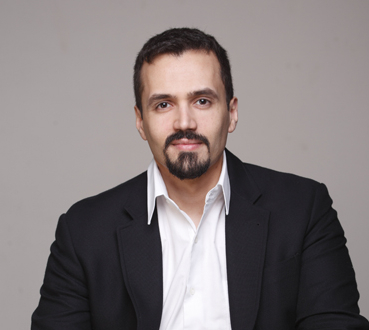US president Donald Trump has repeatedly stated his belief in the usefulness of torture and waterboarding, raising concern among human rights advocates. When asked if the US should use waterboarding to extract confessions from prisoners, Trump said: “I like it a lot. I don’t think it’s tough enough.” It was a worrisome statement by the new US president.
Waterboarding is a form of torture in which water is poured over a cloth covering the face and breathing passages of a person, causing the individual to experience the sensation of drowning. It causes not only extreme pain, but also damages the lungs and the brain due to oxygen deprivation. In addition, it may cause lasting psychological damage and death. It is among the cruellest forms of torture.
In May 2008, British-American journalist Christopher Hitchens decided to undergo waterboarding by veterans of the special forces, to test on himself if it could be considered torture. He was pinioned by his wrists and he was cut off from the sunlight by a black hood. Afterwards he was turned around several times to disorient him and placed onto a sloping board and positioned with his head lower than his heart.
“You may have read by now the official lie about this treatment, which is that it ‘simulates’ the feeling of drowning. This is not the case. You feel that you are drowning, or rather being drowned, albeit slowly and under controlled conditions and at the mercy of those who are applying the pressure. The ‘board’ is the instrument, not the method. You are not being boarded. You are being watered…
“In this pregnant darkness, head downward, I waited for a while until I abruptly felt a slow cascade of water going up my nose. Determined to resist if only for the honour of my navy ancestors who had so often been in peril on the sea, I held my breath for a while and then had to exhale and—as you might expect—inhale in turn. The inhalation brought the damp cloths tight against my nostrils, as if a huge, wet paw had been suddenly and annihilatingly clamped over my face…
“Unable to determine whether I was breathing in or out, and flooded more with sheer panic than with mere water, I triggered the prearranged signal and felt the unbelievable relief of being pulled upright and having the soaking and stifling layers pulled off me. I find I don’t want to tell you how little time I lasted…,” wrote Hitchens. He had the procedure repeated on himself, with equally terrifying results and concluded, “Well, then, if waterboarding does not constitute torture, then there is no such thing as torture.”
In a two-year study, the Constitution Project, a US independent group, concluded that it was indisputable that US forces had employed torture as well as “cruel, inhuman, or degrading” treatment in many interrogations; that “the nation’s most senior officials” bear ultimate responsibility for allowing and contributing to the spread of these techniques; and that there is substantial evidence that information obtained by these methods was neither useful nor reliable.
The US supreme court has held since the 1890s that punishments that involve torture are prohibited under the eighth amendment, which says: “Excessive bail shall not be required, nor excessive fines imposed, nor cruel and unusual punishments inflicted.”
In addition, the US is a party to the Convention Against Torture and Other Cruel, Inhuman, or Degrading Treatment or Punishment, which originated in the United Nations general assembly on 10 December 1984, and that was signed by president Ronald Reagan in 1988 and ratified by the senate on 27 October 1990.
The US is also a party to the following conventions that prohibit torture: the American Convention on Human Rights and the International Covenant on Civil and Political Rights signed in 1977 and ratified in 1992.
Trump’s stand on the use of torture disrespects the US constitution, the country’s laws, and its proclaimed stand on human rights. He should have the courage—as Christopher Hitchens did—of undergoing waterboarding before giving his careless opinion on this most serious issue.
Dr. Cesar Chelala, MD, PhD, is an international public health consultant.


